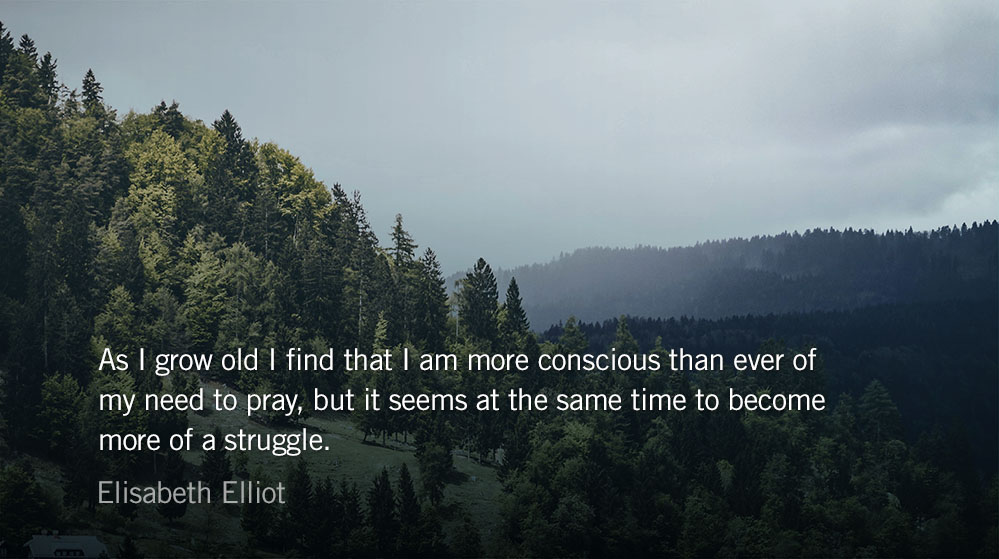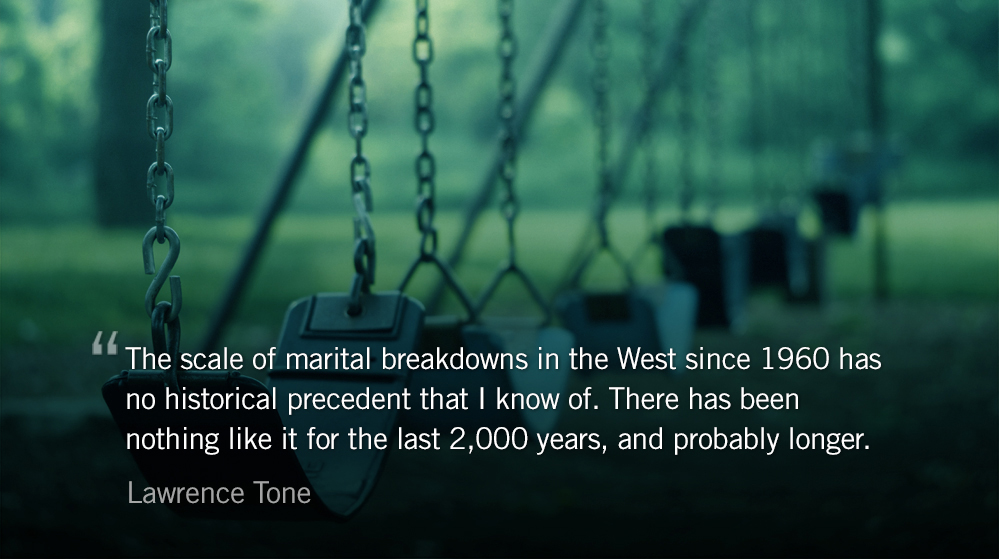God is Goodness. He can give good, but cannot need or get it. In that sense, His love is, as it were, bottomlessly selfless by very definition; it has everything to give, and nothing to receive.
—C.S. Lewis
Scripture: Psalm 115.1
Not to us, O Lord, not to us, but to your name give glory, for the sake of your steadfast love and your faithfulness!
Reflection: Present Glory
The Park Forum
“There are sunrises and sunsets, Alpine glories and ocean marvels which, once seen, cling to our memories throughout life,” Charles Haddon Spurgeon preached. “Yet even when nature is at her best she cannot give us an idea of the supernatural glory which God has prepared for his people.”
Spurgeon’s expression of God’s glory, like the prophecy Paul quotes to the Corinthians, is future-focused. While we, as Christians, hold to the hope, we cannot miss God’s glory all around us at present. Scripture calls us to walk in glory now—to embrace the glory of God that is woven into the hearts of women and men.
“We are the special object of God’s interest and concern,” said Martyn Lloyd-Jones. Recalibrating our hearts to the present glory of God is the key to embracing the future glory, Lloyd-Jones explains in his sermon, Walk With Him in the Glory:
He knew us even before we were born, before he ever made man or created the world, he had these people whom he had chosen, and there he gave them to the Son. As we have seen, there was a great meeting of the Trinity in eternity, and the Father gave these people to the Son and he sent him on this great mission of preparing them for the eternal enjoyment of God. That is what Christianity means, just that.
All along you have been the special object of God’s interest and concern; he has loved you to the extent that he even sent his Son from heaven to earth for you, even to the death of the cross that you might be truly one of his people, that you might have a new nature, a new life, that you might be fitted for standing before him and enjoying him throughout eternity.
It is tempting to acquire present glory through circumstance, possessions, and good works—but all of these can fail us. Present glory is, for the Christian, rooted outside of the self. In failure we are not robbed of dignity; in success we are not wrapped in pride.
“The brightest glory that really can come to anyone is the glory of character,” Surgeon concludes. “Thus God’s glory among men is his goodness, his mercy, his justice, his truth.”
The Call to Prayer
Let my mouth be full of your praise and your glory all the day long. Do not cast me off in my old age; forsake me not when my strength fails. —Psalm 71:8-9
– From The Divine Hours: Prayers for Summertime by Phyllis Tickle.
Full prayer available online and in print.
Today’s Readings
Deuteronomy 24 (Listen – 3:21)
Psalm 114-115 (Listen – 2:18)











